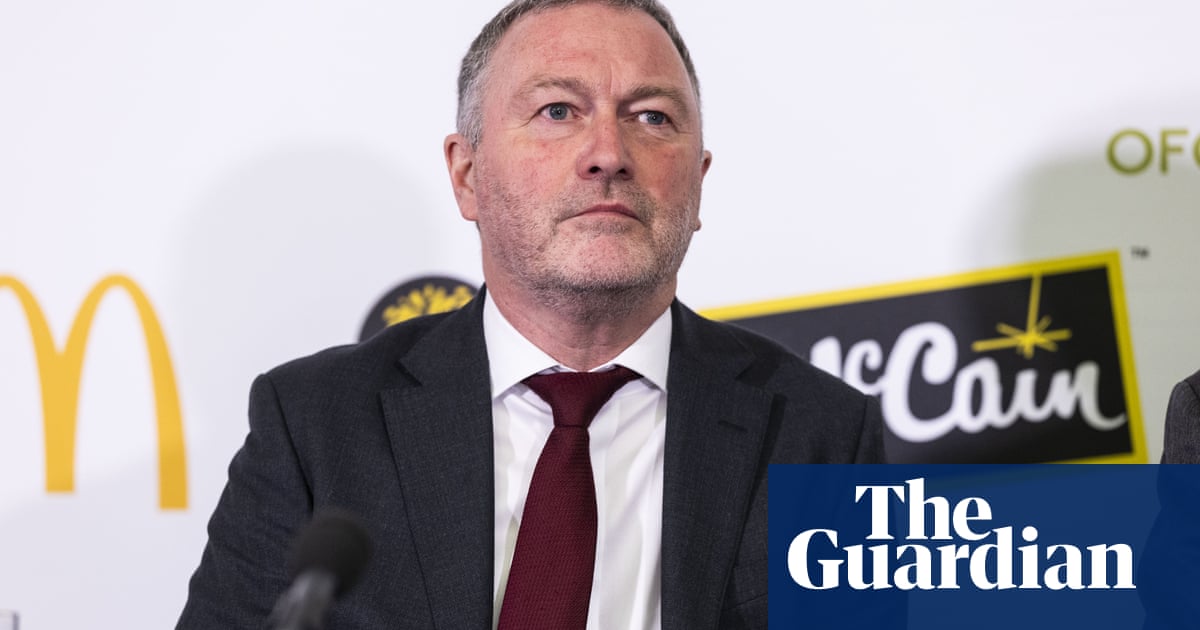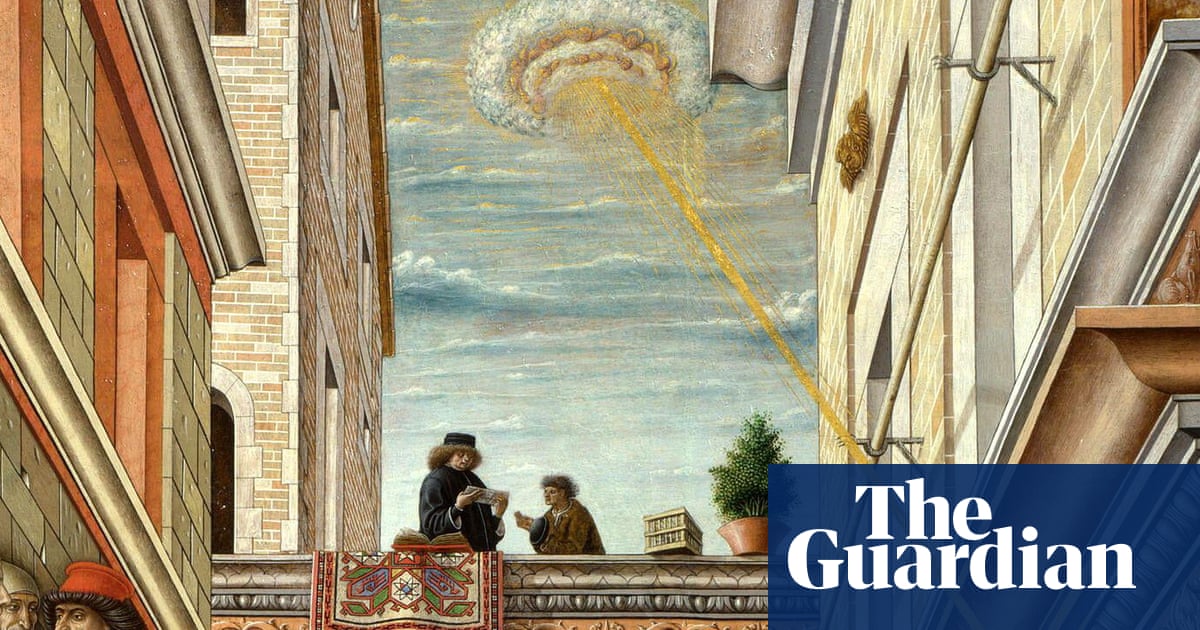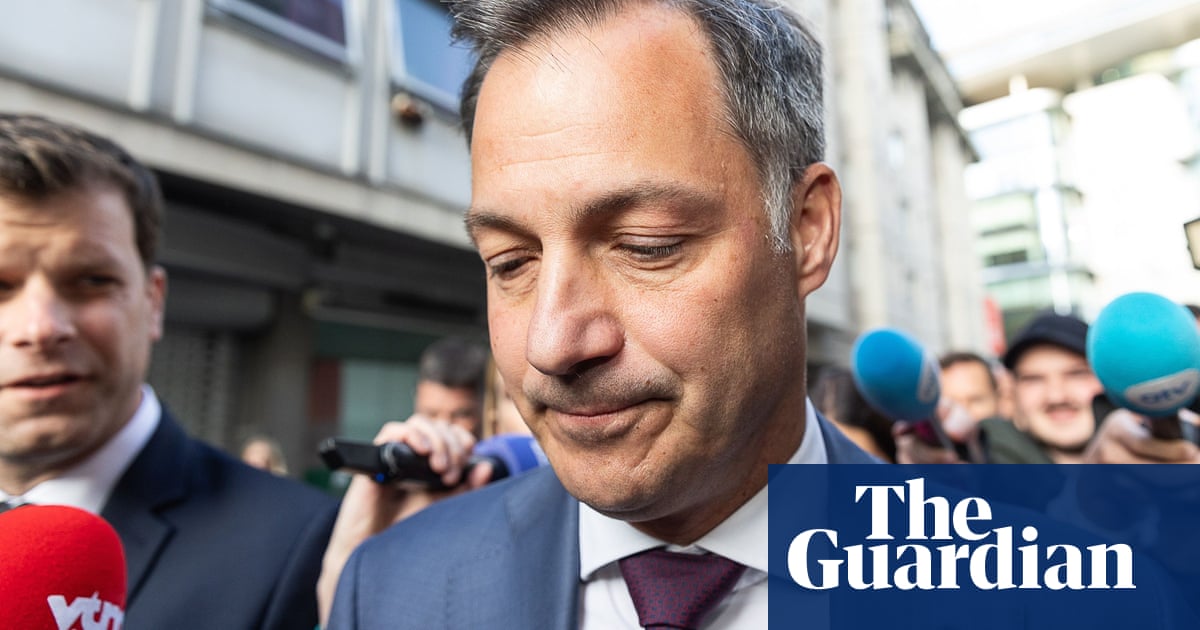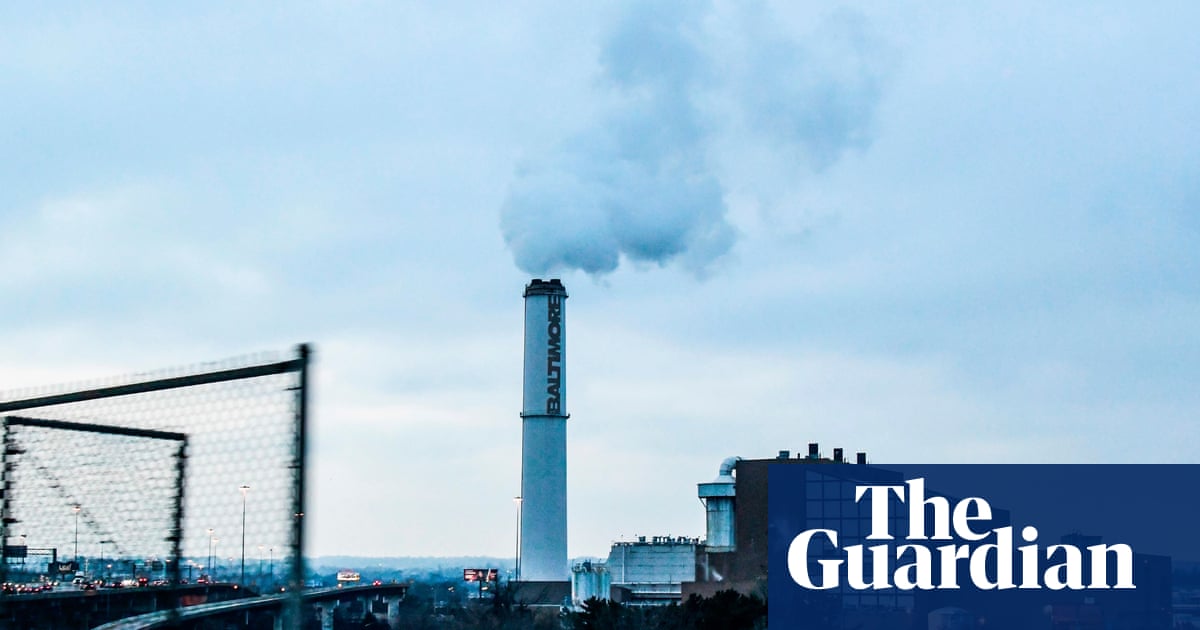Since we’ll hear a lot, again, about “populism”, let’s remember, again, that 19th-century US populism had a healthy strain of leftwing politics. Defending workers, riling up bankers, decrying the “cross of gold” and economic conservatism: look past his Bible-bashing, and William Jennings Bryan was a precursor to Franklin Roosevelt. Yet for much of this election year, the populists’ modern-day successors in the Democrats have served up an anti-populism: telling voters they were wrong.
Americans were told they were wrong to see the corrosion of Joe Biden’s abilities, and wrong to think that his replacement should not be decided in a giant backroom stitch-up. They were wrong not to enjoy the US economic miracle, and wrong not to worry about the future of democracy. Black and brown people and students were wrong to expect the party to oppose the bloodbath in Gaza. Latinos were ungrateful to desert the party of racial equality, while Black men were boneheaded not to back a Black woman. Everyone was wrong not to lap up the rallies opened by Beyoncé and Usher, the skits on Saturday Night Live and that clip of Barack Obama rapping. Why couldn’t they just feel the joy?
For reasons I’ll explain in a moment, I’m no fan of explanations that begin and end with the bogeyman of “populism”. They almost always wind up with well-lunched commentators ventriloquising the opinions of people they’ve never talked to and in whose worlds they’ve never set foot. Look at the exit polls and you see a materialist explanation for what’s just happened: two out of three US voters report their economy is bad. And they have an excellent point. As I wrote last month, look at the data over the long run and two big trends stand out.
First, for the vast majority of US employees – whether middle class or working class, teacher or shop assistant – wages have flatlined. Not for four or even 20 years – but for most of the past half century. Strip out inflation, and average hourly earnings for seven out of 10 employees have barely risen since Richard Nixon was in the White House.
I can’t think of a more flammable political economy than a country with a few very rich people where most workers only get by because of low gas and food prices. Then what happens? A second blow. Covid peters out, the world comes out of lockdown and low-wage America is doused in that most combustible of economic substances: inflation. The entire system goes up – and Donald Trump spots his chance.
Faced with the flames, what would be a left-populist response? It wouldn’t be to resort to pedantry, to correct angry voters by showing them the aggregate figures – but that’s what many Democrat supporters did. Nor would it be to roll back all the benefits extended over the pandemic: the improved child tax credit, Medicaid and unemployment insurance. But that’s what Joe Biden did, even as he shovelled billions into infrastructure. The electoral result was that working- and middle-class voters peeled away from the Democrats. Kamala Harris won the most affluent voters, while Trump took those earning between $50,000 (£39,000) and $100,000 (£77,000). The two tied for those on $50,000 and below. So much for Harris being part of the most pro-worker government since the 1960s.
Just as the electorate professed fury with the entire political and economic system, she and the Democrats made themselves the system’s defenders. They weren’t change but more of the same. They worried about the future of “democracy”; they warned about disrupting free trade. Harris’s slogan of “we’re not going back” said it all: a campaign defined by being anti-Trump rather than for anything. A strategy intended to woo “moderates” left nearly everyone cold.
Harris started her campaign differently, by promising to hunt down price-gouging corporates. That policy was popular, but there was little else. She went policy-lite, so as to present Trump with less of a target. Among the supporters she wheeled out this autumn was the billionaire Mark Cuban. In a country where the richest 0.1% own nearly 20% of all wealth – almost as much as 90% of Americans put together – this is almost the definition of anti-populist politics.
We probably won’t hear much about billionaires over the next few days. If the commentariat’s form from 2016 is anything to go by, the sketch will be of angry left-behinds and rednecks rallying to a strongman. Never mind that last night’s exit polls showed Trump as personally less popular than Harris, or that more than half of voters judge his views to be “too extreme”. Not to mention that Trump is easily the richest man ever to serve in the White House, with a personal net worth of about $5.5bn (£4.3bn). A marketing man, skilled at targeting discontent, Trump does not follow his crowds. Rather, he is led by the money men around him: the fossil fuel executives, the shadow bankers, the crypto bros and the world’s richest man, Elon Musk.
Mitt Romney and George W Bush could always rely on some stuffed shirts from the Fortune 500 to hand over a few tens of thousands. But Trump’s donor class is very different. They include men like Stephen Schwarzman, head of the world’s largest private equity firm, Blackstone, billionaire investor Nelson Peltz and Silicon Valley’s David Sacks. They’re not company men building relationships but, as Trump styles himself, dealmakers. This lot have shelled out a lot more to get in Trump (Musk alone has spent an estimated $100m), and expect their money’s worth. “They’re less concerned about the photo op and a visit to the White House,” as one former bagman for Trump told the New Yorker. “They want to essentially get their issues in the White House.”
Trump has reportedly lined up Musk to become his “secretary of cost cutting”, while in April, the US’s next president demanded oil executives give him $1bn to beat the Democrats. In return, he said, he’d let them do a lot more drilling. Slashed regulations and lower taxes are Trump’s way of keeping donors on side. Last time he was in the White House, he brought in $1.5tn of tax cuts that meant the richest 400 families in the US paid a lower tax rate than their secretaries, nannies, cleaners and anyone else in the working class.
You can expect a lot more like it over the next four years. Trump will almost certainly plunder from the budgets for social security and Medicaid. The tech bros will suckle on government subsidies, while the suits from private equity get to set government policy.
However this politics dresses itself, it’s not populism. Try: theft – taking from the poor to give to the rich.
-
Aditya Chakrabortty is a Guardian columnist
-
Do you have an opinion on the issues raised in this article? If you would like to submit a response of up to 300 words by email to be considered for publication in our letters section, please click here.

.png) 2 months ago
15
2 months ago
15













































